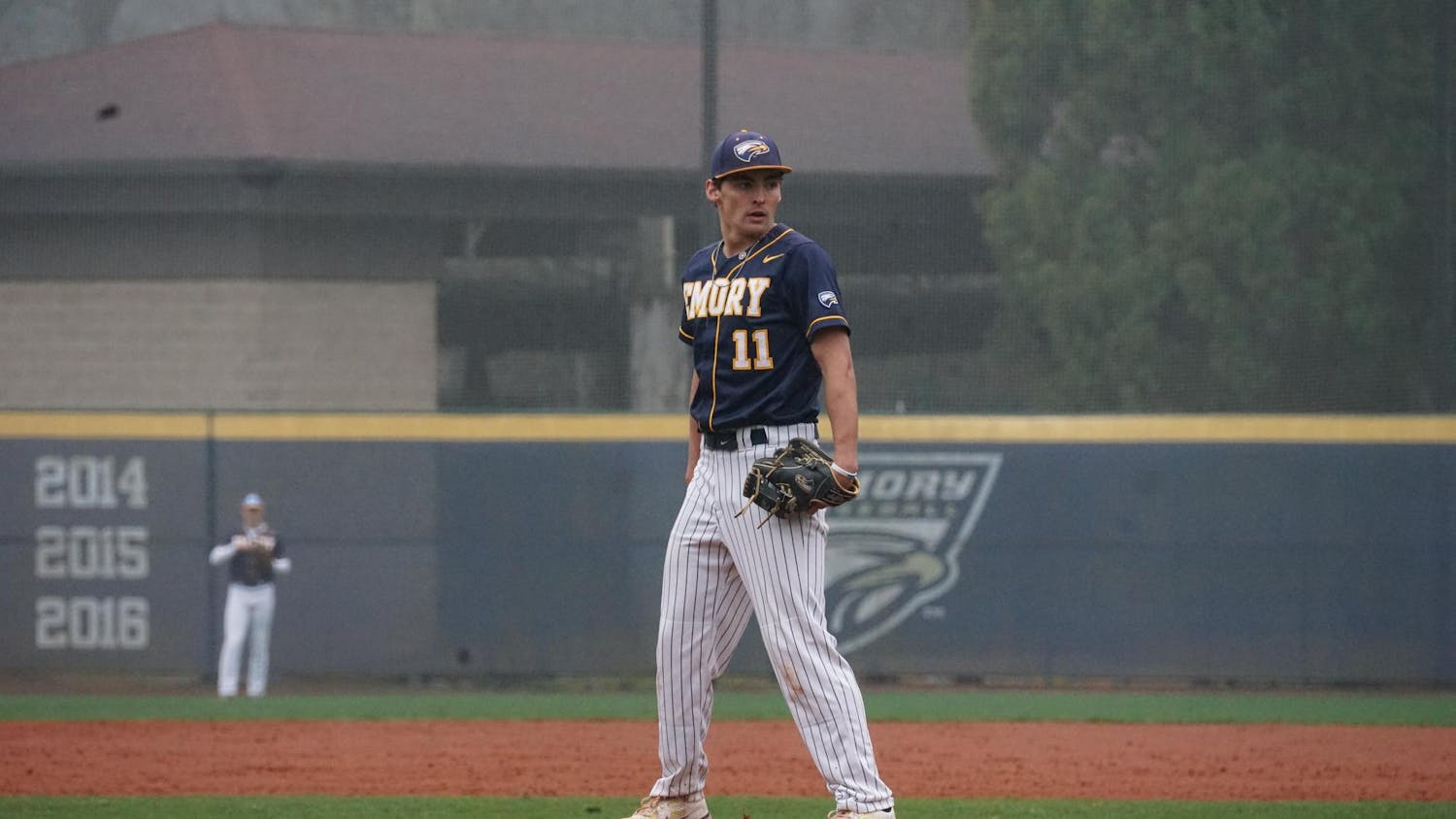
I have previously posed the question: who are sports for? The loyal fanbases? The dogged players? The coaching staff? The owners?
One could make a solid argument for any of these entities, because sports at its core is for the amalgamation of them all. However, it is easy to ignore the sinister side of sports economics as we bask in the glow of our favorite teams.
Last Monday, much of the state of Georgia was elated when the University of Georgia (UGA) football team took home their second consecutive College Football Playoff National Championship. The most recently available data from 2021 reports that UGA earned $169.1 million in revenue and a $46.3 million surplus. It’s estimated that SEC football fans shell out between $1,212 to $4,232 each per season to support their teams, whether they attended the schools or not.
Although the top Division I universities, like those in the SEC, spend millions on their athletic programs, they still skirt a key cost: paying the actual players, which keeps profits high while they maintain a nonprofit status.
At the FIFA World Cup Qatar 2022 tournament, FIFA earned a reported $7.5 billion in revenue after Qatar spent $200 million in public funds on their World Cup bid, hundreds of millions more than the runner-up nation. FIFA still awarded Qatar the tournament despite its tiny size, anti-LGBTQ and woman policies and oppressively warm climate, resulting in an unprecedented migration to a winter timeline and thousands of workers dying while constructing the tournament’s facilities.
Even drafting players into the professional leagues is a money-making scheme. Although it’s founded on years of tradition, the draft strips players of their autonomy and gives teams control over where players live, the jersey they wear and their starting salary. Most American sports fans are used to drafting, but some players, including soccer star Alex Morgan, have called for the end of draft practices.
In the case of former National Football League (NFL) quarterback Colin Kaepernick, the NFL ousted Kaepernick from the league for his protests in support of the Black Lives Matter movement, largely to save face from bad public relations and keep the money flowing. On the other hand, Nike launched both ad and shoe campaigns in support of Kaepernick which while they brought attention to his cause, were also calculated financial decisions.
In September 2022, the Boston Celtics were embroiled in a scandal after suspending head coach Ime Udoka for the remainder of the 2022-2023 season for having an alleged consensual workplace relationship with a junior staff member. Even though the relationship was tagged as consensual, news articles later revealed Udoka made unwanted comments to her, and at its very core, the uneven power dynamic between them disqualifies their relationship from being consensual.
But Udoka’s career wasn’t stalled for long, as less than two months after his suspension, National Basketball Association insider Adrian “Woj” Wojnarowski reported that the Brooklyn Nets were finalizing a deal to hire Udoka as their head coach.
When I scrolled through Twitter and came across this particular ‘Woj bomb,’ I felt a stinging betrayal. To me, the Nets ownership, which claims to be progressive, decided to ignore fans, women and the belief in ethical workplace behaviors in favor of maximizing winning odds and therefore increasing financial success. After intense public backlash, the Nets did not hire Udoka.
So whether the sacrifice be human life, the fan experience, consensual relationships or player livelihood, sports is ultimately a business. Valued at well over $500 billion, the sports industry is one of the most lucrative institutions in the world, and while we may feel close personal connections to our teams or hope that our favorite leagues value their athletes as more than cash cows, fans, players and morality will always be a second priority.
Sports are about money and making ownership of these institutions increasingly lucrative. Although we may believe what’s happening on the court or field is for the fans and athletes, they often have little to do with decision making. Even though fans provide much of the revenue that makes sports profitable, ownership cares less about making fans happy and more about staying afloat financially.
And so although I believe sports have deep intrinsic cultural and emotional value, we as fans are just an afterthought in a game with many players.









